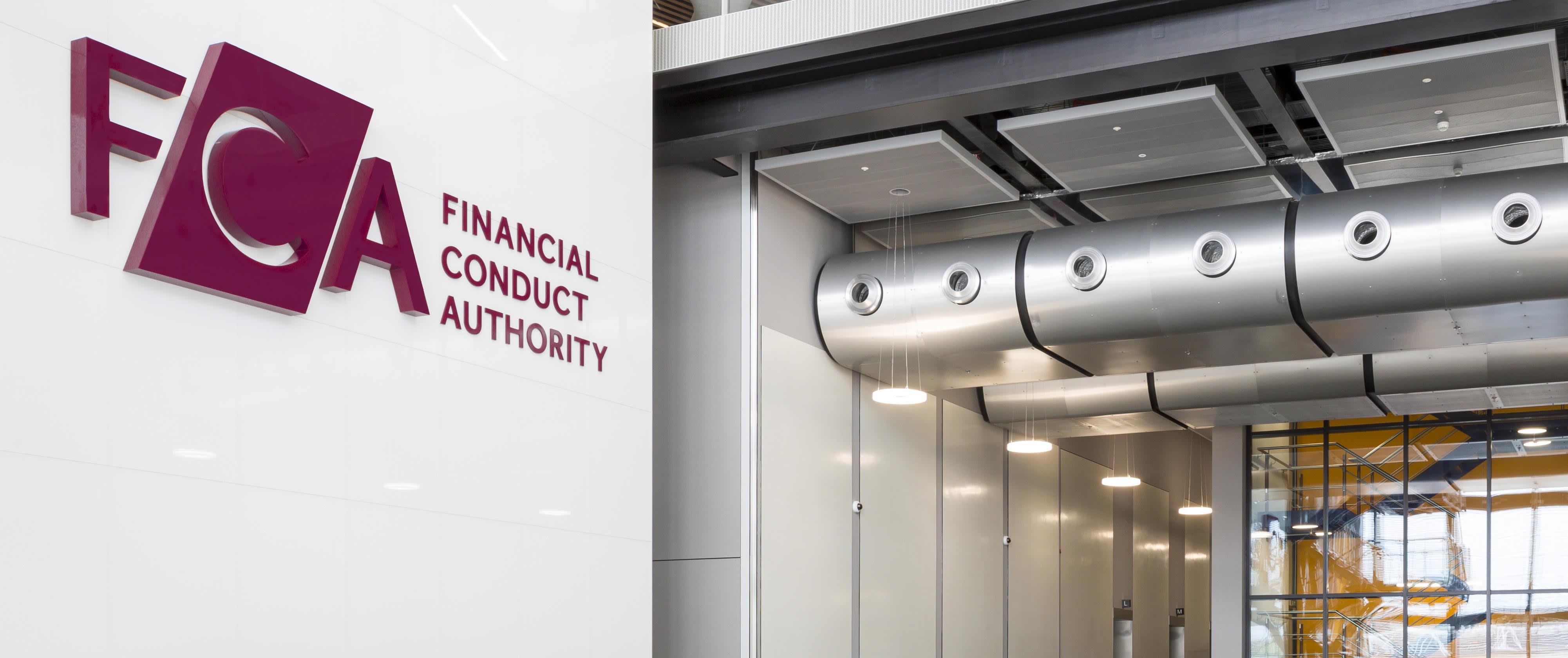
It's been a challenging year: wars, inflation and a sluggish recovery post-Covid, especially in China, but despite that equities have offered some respite from the myriad threats to clients' wealth.
Active UK equity funds on average are up 16 per cent after costs over three years. Active global equity funds are up 14 per cent on that same basis.
However, a typical UK tracker fund is 26 per cent higher over that period and a global tracker 27 per cent higher.
Also, the cost of living in the UK has risen around 20 per cent over that period, depending on which measure you use.
Therefore, the first question many will ask is this: why should I stay with your active fund?
And the second question is: how do you justify the management fee, given the performance?
These questions need to be asked as part of due diligence, but they also reflect the requirements of the new consumer duty policies.
I am a great believer in active equity management for the main allocation of my savings. I believe the recent outperformance of index funds reflects the index containing more expensive stocks and, therefore, becoming more risky.
I would therefore hope my active fund manager would stress valuation discipline and show no sign of wavering in the face of short-term underperformance.
Unfortunately, only few fund management houses offer their managers firm support in tricky times like this and some press their managers to reduce risk by buying stocks that their managers think are expensive.
Therefore, beware houses where global managers have recently bought larger positions in Nvidia, Microsoft or Amazon. There is no point in paying high management fees if managers are not managing.
On the tricky issue of fees, nobody seems to know why active equity funds charge 0.75 per cent management fee (they used to charge 1.5 per cent) and smaller company funds generally charge more than 1 per cent a year.
When managers frequently outperformed, these fees were accepted, but it’s been a while since they outperformed with any sort of consistency.
And while many industries would love to point out that their charges have halved over the past couple of decades, that hardly works as a rationale within the active fund management industry, as the growth of passive funds has driven an innovation in pricing that is atypical of many sectors of the economy.
My view is that active management houses should want to make it easy for investors to stay with them over the long term – that is the time period over which the better active managers have shown their value added.
That can be through very striking outperformance over short periods – funds I managed outperformed the index by more than 40 per cent between 2001 and 2003 when the telecoms, media and technology bubble burst.
Many active equity managers outperformed index funds in the 2000s and protecting capital when the index bubble burst was key to that result.






